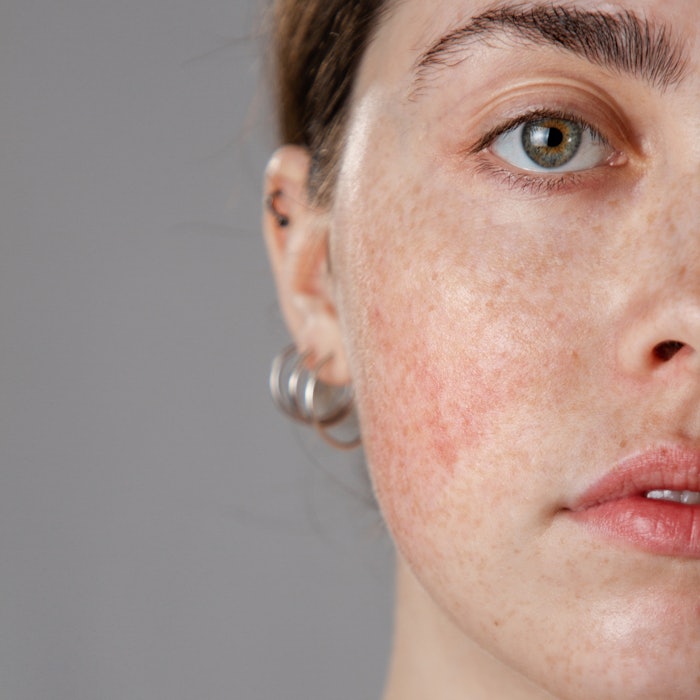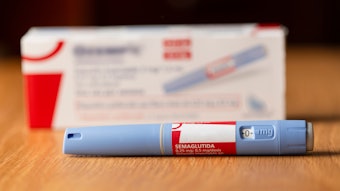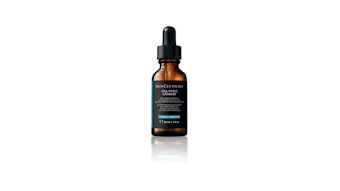
A mouse study published in the July 2020 issue of Experimental Dermatology showed that radiofrequency (RF) energy attenuates angiogenesis and inflammation in UVB‐induced rosacea, signaling a potential new treatment for patients.
Researchers Myeongjoo Son, et al, from the department of anatomy and cell biology, Gachon University College of Medicine in Incheon, Korea, induced rosacea by exposing mice to ultraviolet radiation and then irradiated the affected skin with RF energy. The RF irradiation reduced keratinocyte proliferation in the epidermal layer of the skin and reduced expressions of pro‐inflammatory cytokines, angiogenesis‐related inflammatory factors and VEGF‐induced angiogenesis‐associated processes.
“Notably, blood vessel densities in the skins of UVB‐treated mice and rosacea patients were significantly decreased by RF irradiation. These results provide experimental and molecular evidence regarding the effectiveness of RF irradiation for the treatment of rosacea,” the researchers concluded.











